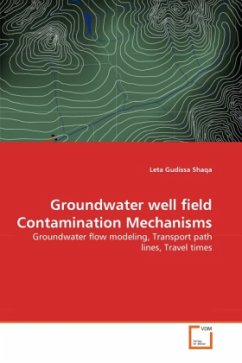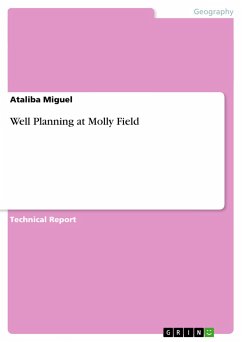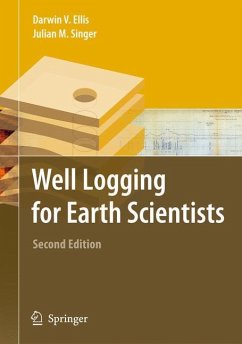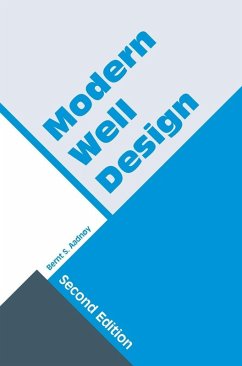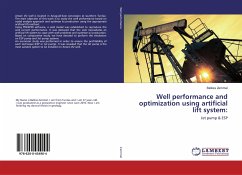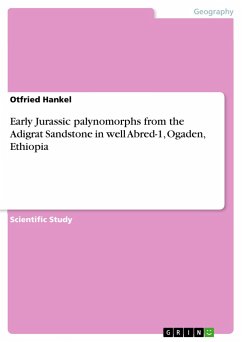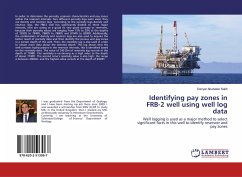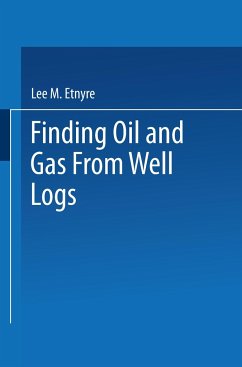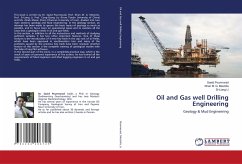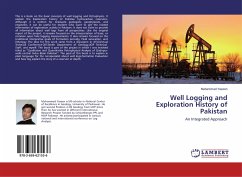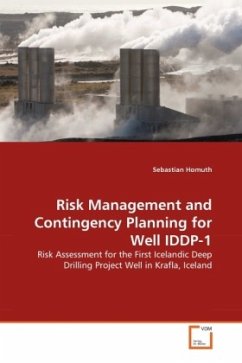
Risk Management and Contingency Planning for Well IDDP-1
Risk Assessment for the First Icelandic Deep Drilling Project Well in Krafla, Iceland
Versandkostenfrei!
Versandfertig in 6-10 Tagen
32,99 €
inkl. MwSt.

PAYBACK Punkte
16 °P sammeln!
The Icelandic Deep Drilling Project (IDDP) is a research program designed to evaluate improvements in the efficiency and economics of geothermal energy systems by harnessing Deep Unconventional Geothermal Resources. The goal is to generate electricity from natural supercritical hydrous geofluids from depths of around 3.5 to 5 km and temperatures of 450-600°C. In order to drill into the target zone of supercritical geofluids, one of the main challenges is to deal with high temperatures and pressures. This book describes geological and technical risks, in terms of drilling, in such an extreme e...
The Icelandic Deep Drilling Project (IDDP) is a research program designed to evaluate improvements in the efficiency and economics of geothermal energy systems by harnessing Deep Unconventional Geothermal Resources. The goal is to generate electricity from natural supercritical hydrous geofluids from depths of around 3.5 to 5 km and temperatures of 450-600°C. In order to drill into the target zone of supercritical geofluids, one of the main challenges is to deal with high temperatures and pressures. This book describes geological and technical risks, in terms of drilling, in such an extreme environment. The geological risks arising from volcanic and seismic activity, as well as meeting sufficient permeable zones, are considered to be relatively minor factors. The main risks are assessed in the hazard of underground pressure blowouts, meeting circulation loss zones and material failures. In addition borehole failure, formation fracturing, cement and casing failure and problems during coring operations are deemed to be likely, but by applying the appropriate techniques, mitigation and counteractive measures, discussed in this work, most of these risks can be reduced or prevented.



